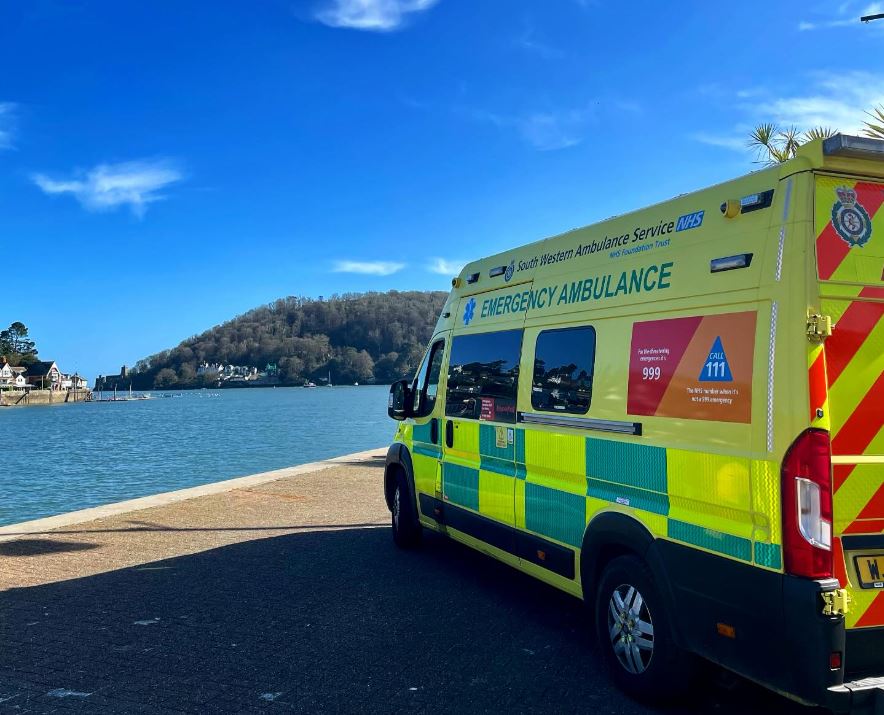As schools prepare to break up for the summer, the South Western Ambulance Service NHS Foundation Trust (SWASFT) is urging residents and visitors across the region to take simple steps to stay safe and well.
 The summer holidays are traditionally one of the busiest times of year for the ambulance service. With warm weather drawing people into gardens, beaches, and countryside spots — and millions of tourists expected to visit the South West — demand for emergency care is set to soar.
The summer holidays are traditionally one of the busiest times of year for the ambulance service. With warm weather drawing people into gardens, beaches, and countryside spots — and millions of tourists expected to visit the South West — demand for emergency care is set to soar.
To ensure crews remain available for the most serious incidents, SWASFT has launched a 10-step guide to help families enjoy a safer summer break:
-
Use What3Words to pinpoint your exact location in rural areas during an emergency.
-
Learn CPR in just 15 minutes via the SWASFT ‘Saving Lives Together’ website.
-
Locate your nearest defibrillator before you need it.
-
Use your local pharmacy for minor illnesses and medication advice.
-
Bring your medication when visiting – or ask your GP to send a prescription to a local pharmacy if needed.
-
Check tide times before heading to the beach to avoid getting cut off by the sea.
-
Avoid direct sun between 11am and 3pm – the hottest part of the day.
-
Stay hydrated and seek shade in hot weather.
-
Park considerately to ensure emergency vehicles can get through.
-
Use the right service for your needs – call 999 only in life-threatening emergencies; use NHS 111 online for urgent, non-life-threatening care.
Nick Reynolds, Head of Ambulance Operations for the South Area, said: “The school summer holidays are always an incredibly busy time for our teams, and we want to make sure we're there for everyone who needs us in a medical emergency.
“To do that, we need your support. By taking simple, preventative steps, we can help reduce avoidable incidents and ensure our emergency crews can reach those who need them most.
“Thank you to all our ambulance staff and NHS colleagues who continue to work tirelessly during this busy period. Please treat them with the kindness and respect they deserve.”
The Trust, which provides emergency and urgent care to more than 5.5 million people across the region, also supports an estimated 23 million annual visitors – the majority during the summer months.
Residents are also reminded not to call 999 for ambulance arrival updates. Only call back if the patient's condition worsens or an ambulance is no longer needed.
For further resources and advice, visit: www.swast.nhs.uk
Want to know what’s on in Calne? Visit our local events page for listings and to find out how to add your own events for free. Follow us on Facebook, Twitter and Instagram to keep up with all the latest news. Have you got a story for us? Email editor@calnenews.com.



